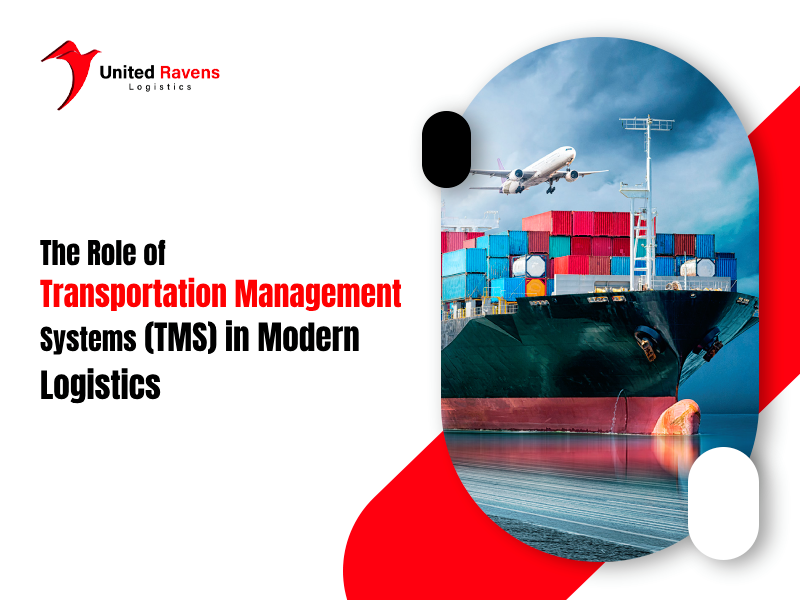Greater visibility into transportation operations is crucial to ensuring the timely and safe delivery of goods. To fulfill this aspect, transportation management systems play a role. A transportation management system is a logistics software system that aids companies in entire supply chain management. Though the concept of TMS has been in use for the last 50 years, it still has a significant role in modern logistics today. Let us find out that in this blog.
Transportation Management Systems (TMS): Understanding Key Features
Today, every logistics company wants to deliver the best for its clients by offering top-notch transportation management systems services. But how would it be possible if they followed the old transportation methods? The delivery of goods involves many steps and is a long process, but by using the TMS software systems, you can easily optimize your operations. Let us understand some key features of TMS one by one.
Role of TMS in Modern Logistics: How It Helps Improve the Logistics Network?
The TMS in modern logistics today has a significant role to play as it is a larger part of the entire supply chain management process. It provides real-time visibility, aids in route and load optimization, saves costs, and much more. Let us understand how the TMS software helps improve the network of logistics companies.
Provides Real-Time Visibility
Transparency is crucial when it comes to tracking the movement of goods. Real-time visibility is required from the moment the goods start their journey from the warehouse. From monitoring the status of deliveries to anticipating delays and providing accurate updates, TMS helps provide greater visibility on each move. It helps monitor not only goods but also vehicles, drivers, and even other resources at each stage of the overall journey.
Aids in Route and Load Optimization
The TMS software helps determine the most efficient routes and optimal ways to load the goods. It analyzes traffic patterns, fuel costs, driver behavior, and delivery schedules to optimize routes. Moreover, the software helps optimize loads by ensuring efficient load distribution. It ensures that the vehicles are fully utilized and minimizes empty spaces to help maximize cargo capacity.
Communicates Information to Each Party
There are various parties involved in logistics and supply chain management. This includes the shippers, carriers, and clients. Effective communication between all parties is crucial so that there is a smooth flow of communication while performing various operations. The TMS software lets everyone stay informed by automated notifications and trip updates that help minimize any errors. Moreover, smooth communication between all parties helps in better collaboration and decision-making, reducing mistakes.
Streamlines Operations, and Saves Costs
When all your supply chain operations are managed well by software, it helps save costs. From providing real-time updates to optimizing routes and loads, TMS helps automate each aspect. It helps streamline operations by reducing the time and effort of doing it manually. Transportation management systems can also be integrated with other technologies, like warehouse management systems and ERP systems. These integrations of TMS with other technologies add more when it comes to streamlining operations and saving costs.
Offers Accurate and Faster Response Times
In today’s time, customers and clients need accurate and fast responses. If you, as a business, fail to react quickly and efficiently, chances are that you will lose your customers. This is where the role of TMS software is to help your business offer accurate and faster response times. It enhances responsiveness by letting you take quick action in unforeseen situations. Whether re-routing a shipment or adjusting delivery schedules, you get to stay agile on the go.
Wrapping Up
In this blog, we saw how the role of TMS is essential in modern logistics operations. From providing real-time visibility to optimizing operations, the software helps you save on huge costs and automate operations. It’s time for logistics providers to understand that they need to be more robust when it comes to offering their services. It’s time that they not just use TMS but integrate it with other technologies to provide better services and boost their operations in the long run. If you want the best logistics company leveraging TMS solutions, contact us!

